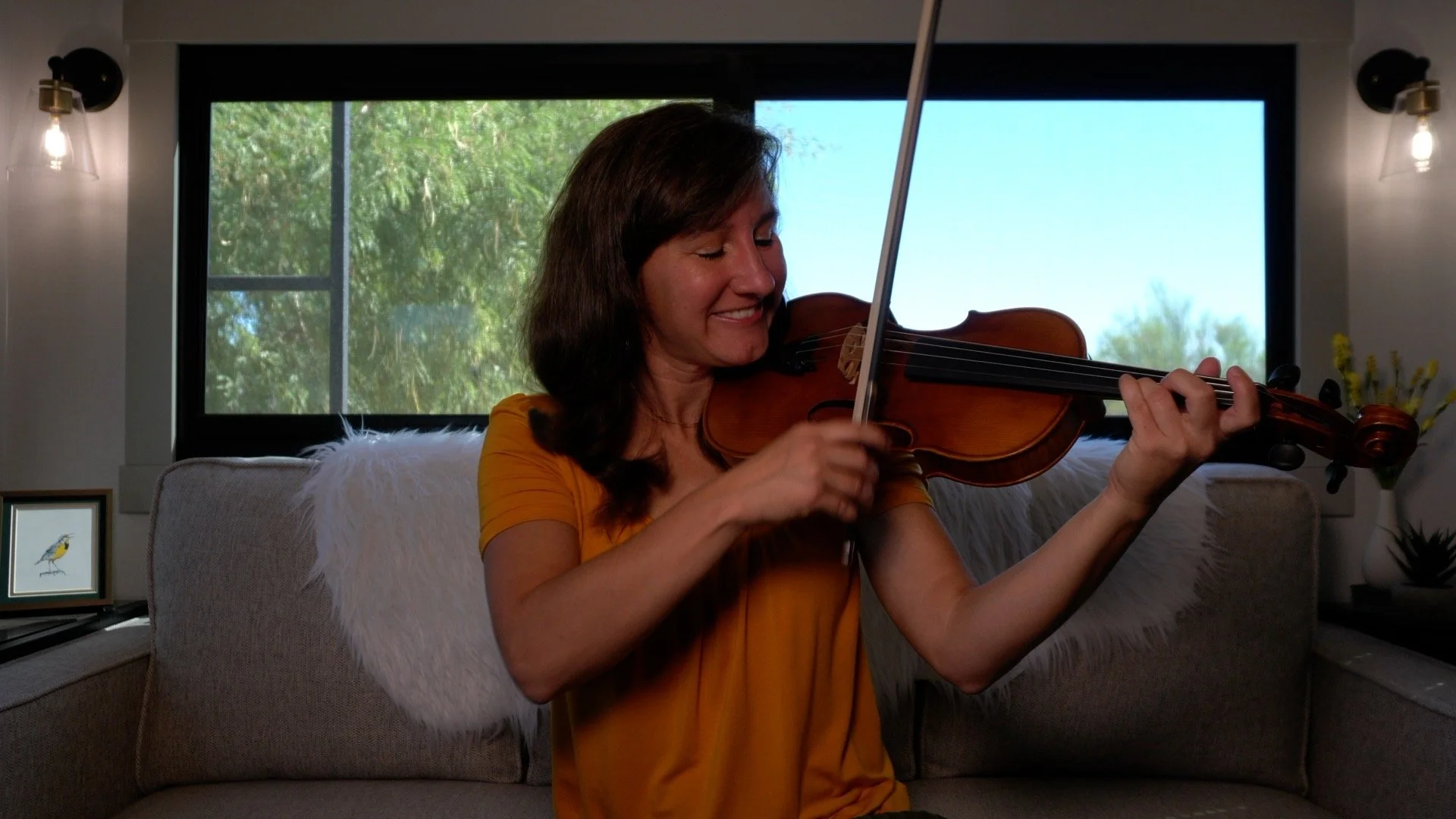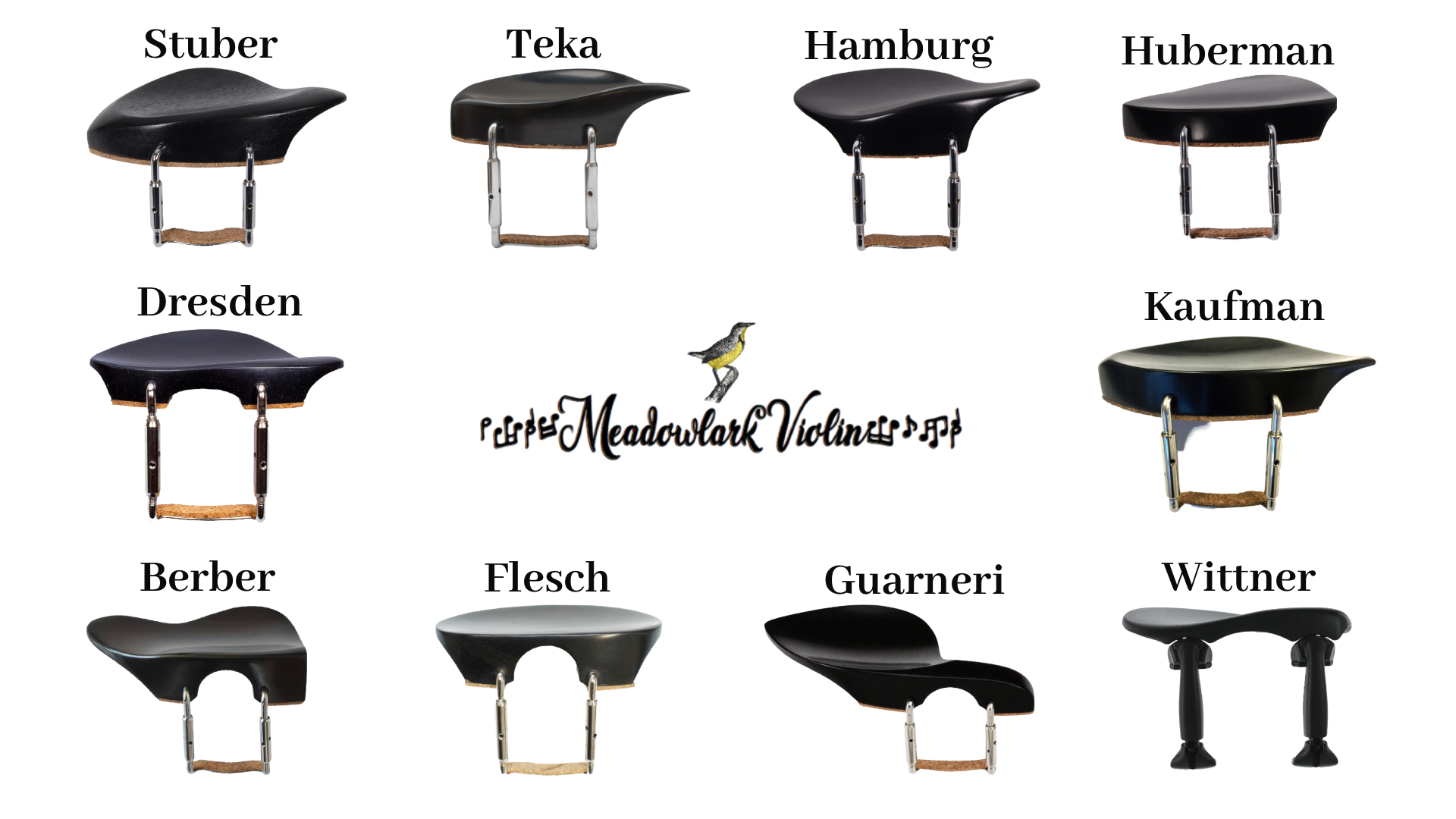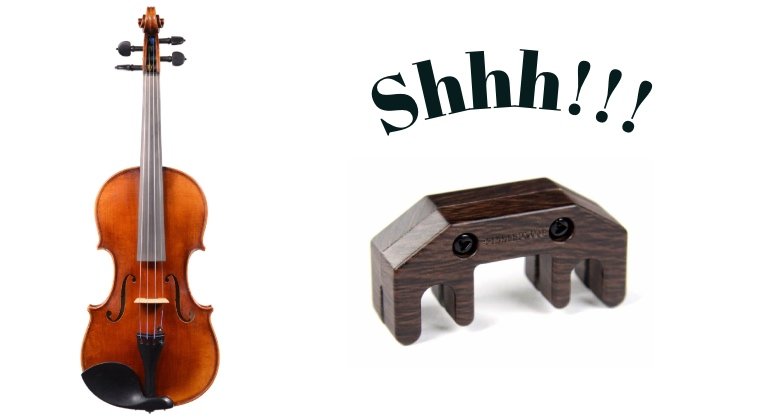Recital Time! How to Master Your Recital
/It’s that time of year again! Flowers are bursting into life, birds are singing, music students across the country are furiously practicing (hopefully) to get their recital music in shape. First timers are often surprised to learn that they don’t sound as well as they did in the comfort of their own home. That’s because performing is a skill that gets better with time. Just like you practice playing in tune, you have to practice performing! Here are 5 tips to help you dropkick your recital.
1. Perform, Perform, PERFORM!
There are people who are naturally wonderful at everything. And then there are the rest of us who actually have to work for it. But people who perform well have practiced performing. I guarantee you, when a 10 year-old prodigy performs at Carnegie Hall, it’s not the first time they’ve ever played in front of an audience! You must practice performing to be good at it! Start with your most adoring fans: your goldfish, your stuffed animals, your music-loving houseplant. Then move on to more demanding listeners: your dog, your mom, your little brother. Then go for the really tough critics: your grandparents.
Go through the whole rigmarole when you practice performing. Dress up, walk to the stand, play, bow, smile. It’s also a good time to school your family on recital clapping etiquette!
2. Think about the little things.
It’s those pesky things we never though of that trip us up. Like the fact that the pretty necklace we bought just for the recital buzzes when it touches the violin. To avoid wardrobe malfunctions, have a dress rehearsal. Get used to playing in those 6 inch heels. Make sure your dangling earrings aren’t too dangling. Does your collar or tie interfere with your violin? Figure it out before you go deer-in-headlights in front of 50 people.
Think about the other little things. Imagine yourself in the space you’ll be playing. Memorize how high you like your stand. If you are playing from memory, where will you look? Figure out page turns, erase confusing markings in you music. People develop weird quirks when they get nervous. I’m a nose-runner so I keep a hanky handy. Know thyself and be prepared!
3. Don’t Rush!
When adrenaline is pumping through your veins, the natural instinct is to play everything super fast. You’ll get done quicker that way, right? Well, yes, but you’ll hit a bunch of pot holes along the way. At home, practice at a faster tempo than you plan to play at the recital. Just in case your nerves take control, you’ll be prepared. But always plan to play at a tempo slower than your max speed. It’s better to go a little slower and get all the notes than go faster and get every other one.
4.Whatever happens, don’t do this!
Everyone makes mistakes. What separates the professionals and the amateurs is what they do after the mistake. If you grimace like you just swallowed spoiled milk, everyone will know you goofed. If you go on and pretend like nothing happened, there’s a good chance no one in the audience will ever know! But if you stop, grunt, roll your eyes, and publicly flagellate yourself for messing up, it’s like taking a highlighter to your boo boo. Keep a straight face and keep on chugging along.
Performing is like being an actor. You have to pretend you know what you are doing even if you want to crawl in a hole and die. Recital audiences can be oblivious, only slightly better listeners than your houseplant. Even if you make a mistake, and an audience member thinks he heard it, if you keep on going without a scowl, that audience member will shrug and think you meant to do it that way.
5. Eat a Banana!
Seriously. This is a hint handed down from my teacher. Anytime I perform I eat a banana about 30 minutes before I go on stage, even if I have to force it down. It’s hard to eat when you are nervous, but you don’t want to perform on an empty stomach. Bananas reduce anxiety. It’s scientifically proven—probably. Surely someone’s proved it scientifically. Oh, who cares. It works, scientific or not. So grab a bunch before you start getting the jitters!
When you get discouraged, remember, if it were easy, everyone would be doing it! I’d rather mess up on the field than watch from the sidelines.
Happy Practicing!

















